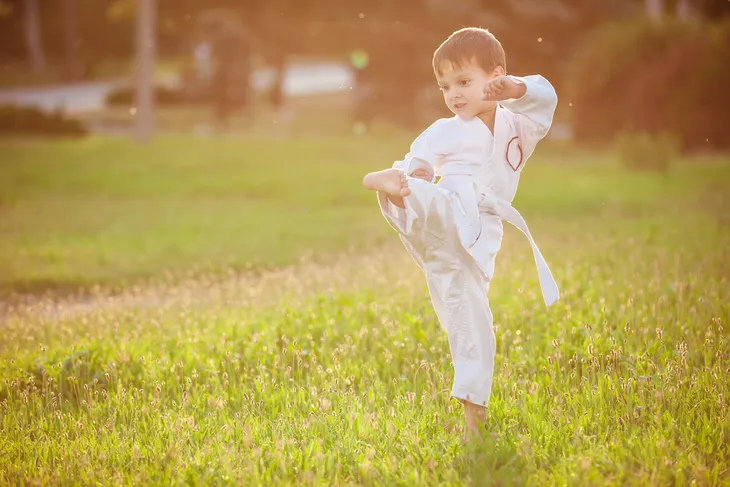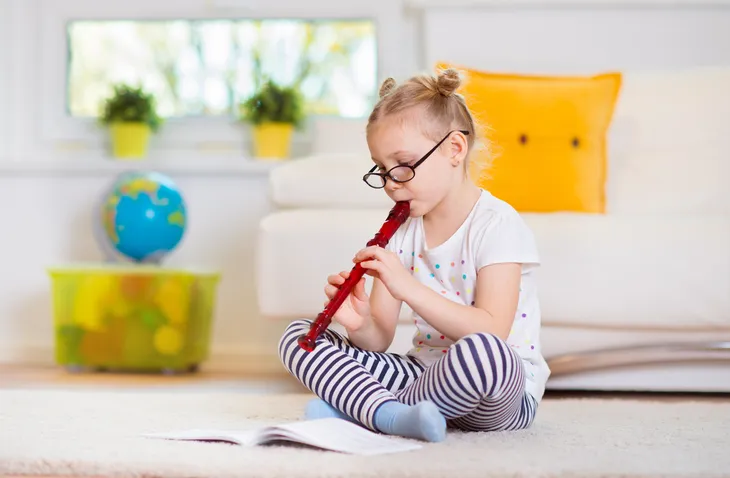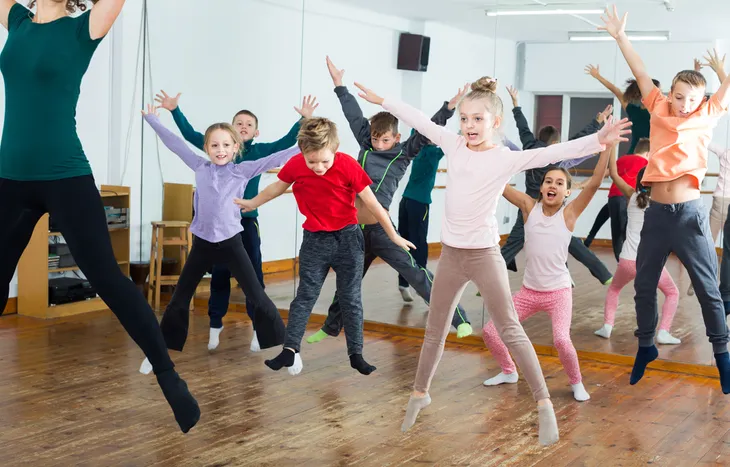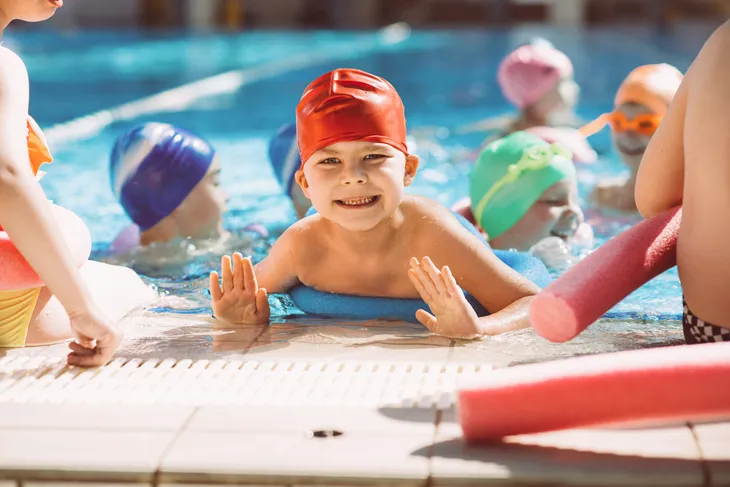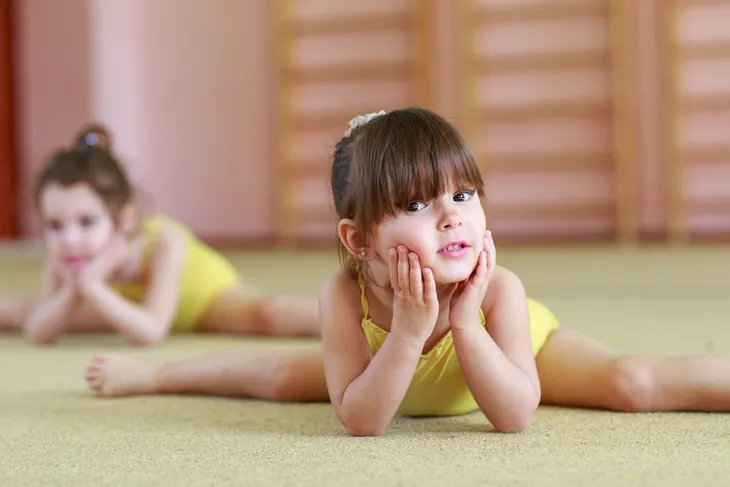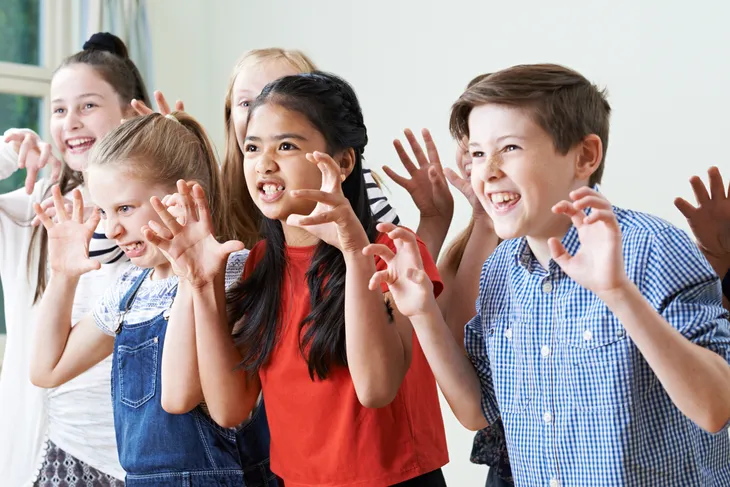Kids are generally energetic by nature – and they want to burn off that energy, whether it’s chasing their siblings through the house or running in circles in the backyard.
Since your child wants to be active anyway, why not enroll them in an extracurricular program that not only harnesses that energy, but also helps them develop physically and mentally? Choosing a regular after-school endeavor for your kids can be very rewarding (as long as your child enjoys it – focus on their natural interests). Here are six activities to consider…
1. Martial Arts
The point of martial arts for kids is not to become international kung-fu superstars, but to build character. While it can help your child stand their ground if they’re being bullied or threatened (or help to avoid conflicts to begin with), Livestrong.com says there are a number of benefits for kids in a martial arts program, including fitness, respect, and self-confidence.
While many people only picture punching and kicking when they think of martial arts, it can actually help your child better control themselves. Self-discipline is a big component of martial arts, and can even help perform better in school and other areas of life because it will “help instill mental focus in your child, giving her the ability to concentrate on a task and see it through to its conclusion.”
2. Music Lessons
Learning an instrument and how to sing is cool, but it’s also a good way to direct mental energy – especially if your child has ADHD, according to Study.com. The source notes that while sports use different sides of the brain at different times, music actually stimulates both sides at the same time.
Because of this, music lessons can help your child develop multitasking skills, adds the source. It can also help bring them out of their shell if they’re struggling to make friends. “Being part of a band, orchestra or choir can also help children learn to build up social skills and become part of team,” it adds. What are the physical benefits? Some instruments can help build fine motor skills, and singing can even help develop their core muscles.
3. Dance
This is a beautiful art form, but it’s also an amazing way to build lean muscle and flexibility. It also helps develop confidence, coordination, and “kinesthetic intelligence” – using their bodies to express emotion – notes ChaiMommas.com.
Dancing is something that can be practiced in a studio or at home in front of a dance video. It also encourages children to perform routines in front of people, which can help build confidence and memory skills (to remember all the steps).
4. Swimming
Knowing your child can swim can give you peace of mind, and will also help them be more comfortable and safe around water. However, there’s more to it than that, as Livestrong.com points out – swimming is a great cardiovascular workout.
Swimming “promotes heart and lung health, improves strength and flexibility, increases stamina and even improves balance and posture,” notes the source. It’s a great way to combat childhood obesity, which is a growing problem in the U.S. It also low-impact and relaxing for your child, so it can naturally boost their mood and help them manage their emotions, it adds.
5. Gymnastics
Gymnastics is another popular choice for extracurricular activities for kids, and for good reason. And while it’s mostly thought of as a female endeavor, ActiveKids.com encourages parents to let their boys try it as well. “There is hard evidence that men feel the positive effects of taking gymnastics as a youngster well into adulthood,” it notes.
Gymnastics is a great way to develop strength, flexibility and coordination, which will help a growing child in many ways heading towards adulthood, says the source. But perhaps even a bigger benefit is the self-esteem boost, as well as confidence to overcome fears.
6. Drama and Musical Theatre
Figur8.net explains that “imaginary play helps children develop their self-control,” and says drama and musical theatre are really just extensions of imaginary play. There are a host of benefits to taking a drama class, notes the source: learning to take someone else’s perspective (through acting), collaboration, creative thinking, concentration, and memory skills, to name a few.
Musical theatre takes reciting lines on stage to the next level, combining drama, singing and dancing. While drama on its own is beneficial, you can add all the extra benefits of dancing and singing (musical expression) that we’ve already covered. “As it turns out, musical theatre actually kills three birds with one stone,” says the source.

